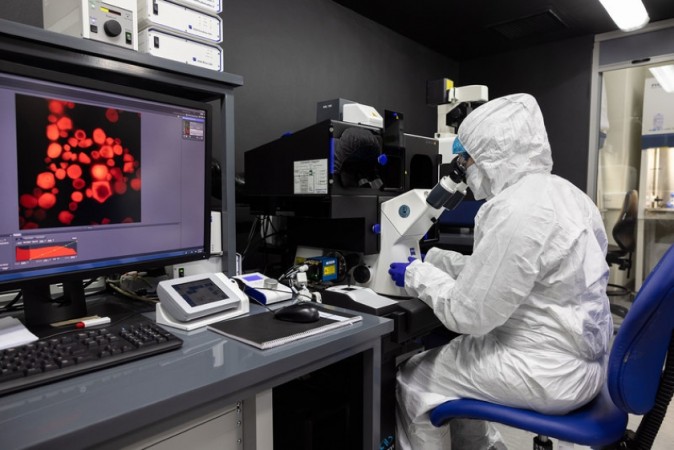
The University of Cape Town’s (UCT) Institute of Infectious Disease and Molecular Medicine (IDM) has inaugurated the Microbial Interactions Laboratory (MIL), a cutting-edge research facility poised to revolutionize microbiome research in Africa. The MIL will empower African scientists to lead global health research, focusing on the continent’s unique microbial diversity and its implications for human health.
The launch took place alongside the African Microbiomes in Health and Disease Symposium, held from October 1-2, 2024. The hybrid event, hosted by UCT’s IDM, underscored the crucial role of microbiomes—microorganisms living in and on the human body—in determining health outcomes across Africa. Women’s reproductive health, particularly the vaginal microbiome, was a key topic of the symposium.
The MIL is set to address critical gaps in microbiome research on the continent. Despite Africa’s vast microbial diversity, its microbiomes are underrepresented in global studies. The new laboratory will offer the infrastructure necessary for advanced research, enabling African scientists to generate data that could lead to diagnostics and treatments tailored specifically for African populations. This initiative is expected to contribute to more inclusive and representative global health solutions.
Professor Jo-Ann Passmore, Principal Medical Scientist at IDM and Calestous Juma Science Leadership Fellow emphasized the global importance of African-led research. “Africa’s microbial diversity holds the key to developing diagnostics and treatments that are relevant not only to Africans but to the world,” Passmore said, stressing the potential impact of the MIL on global health.
Co-chaired by Passmore and three other leading researchers, the symposium fostered collaborations across disciplines and regions. Professor Lenine Liebenberg, Chief Researcher at the Centre for Epidemic Response and Innovation (CERI) at Stellenbosch University, highlighted the importance of partnerships. “When we collaborate between disciplines, institutions, and regions, we fast-track the realization of our shared visions for scientific discovery,” Liebenberg said.
Through local health initiatives and contributions to global scientific efforts, the MIL and the African Microbiomes in Health and Disease Symposium mark a significant step forward in microbiome research. These efforts are expected to not only enhance scientific understanding but also provide actionable insights for health interventions, ensuring African microbiomes play a pivotal role in shaping the future of global health.
Article by Jed Mwangi
Photo/UCT

Comment